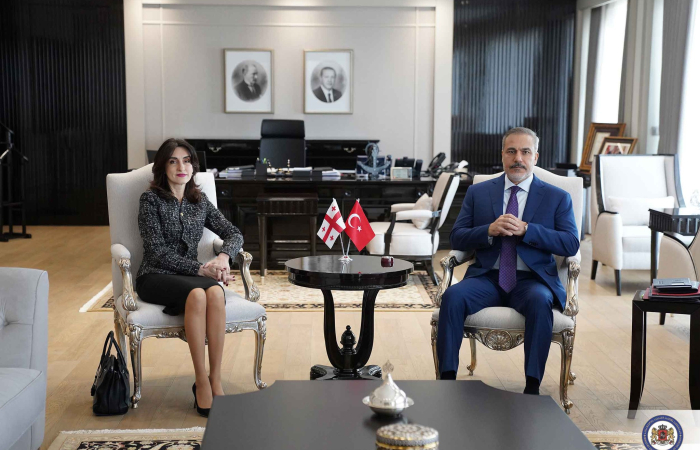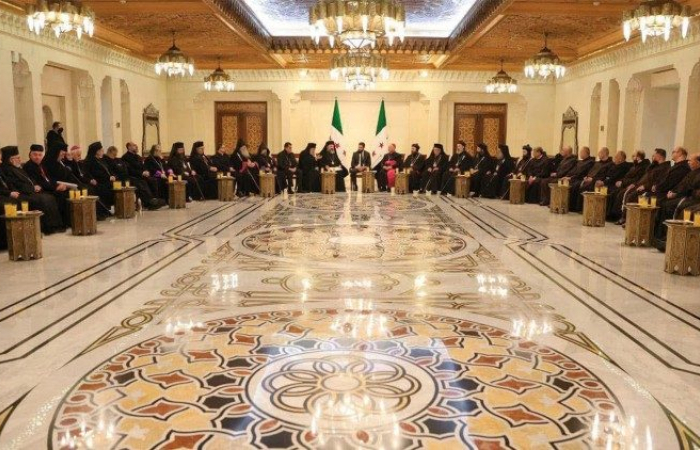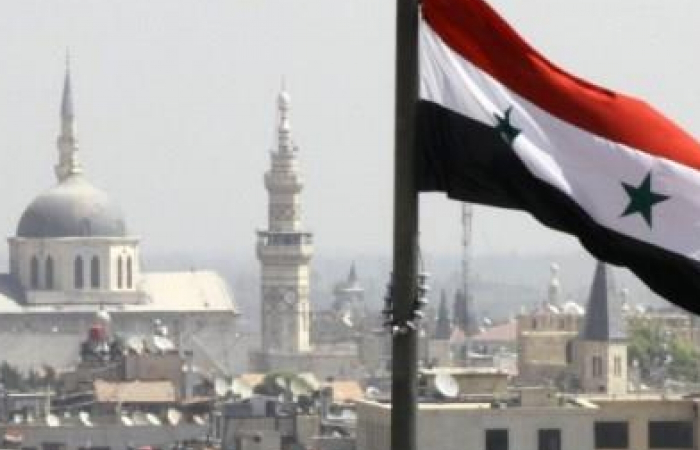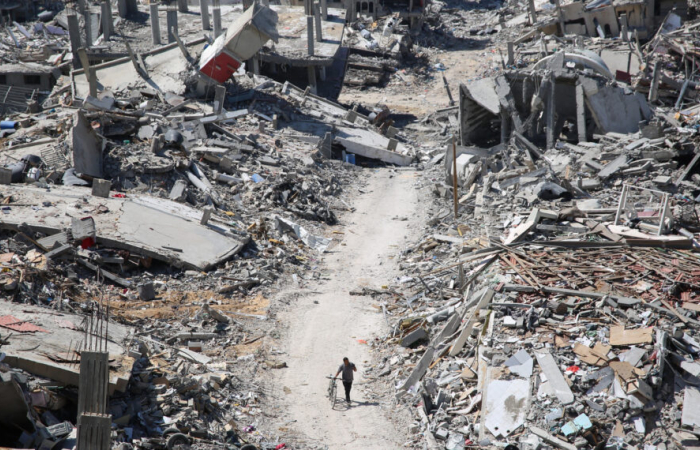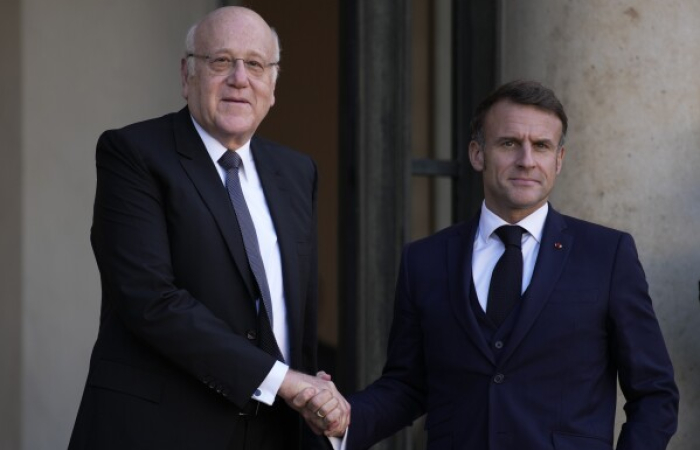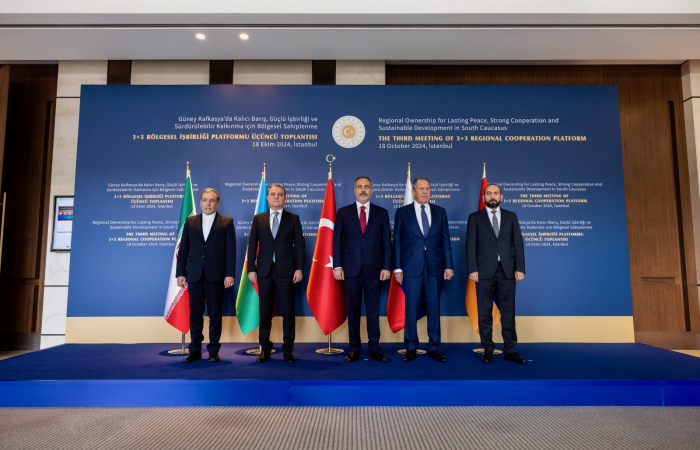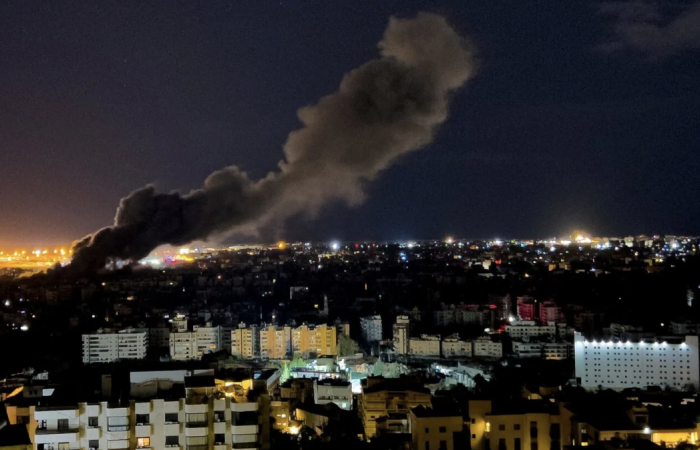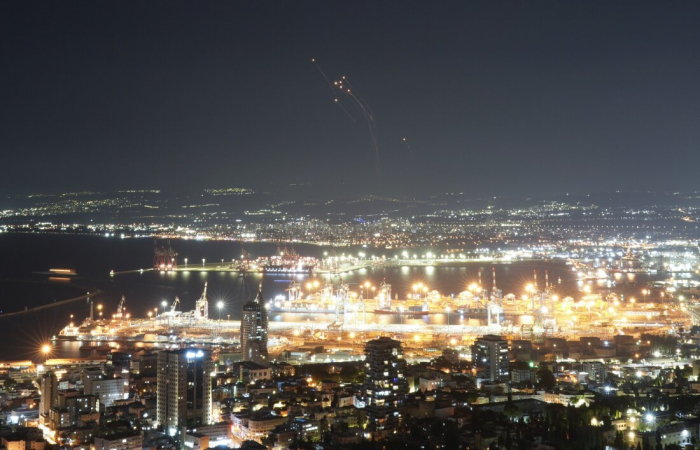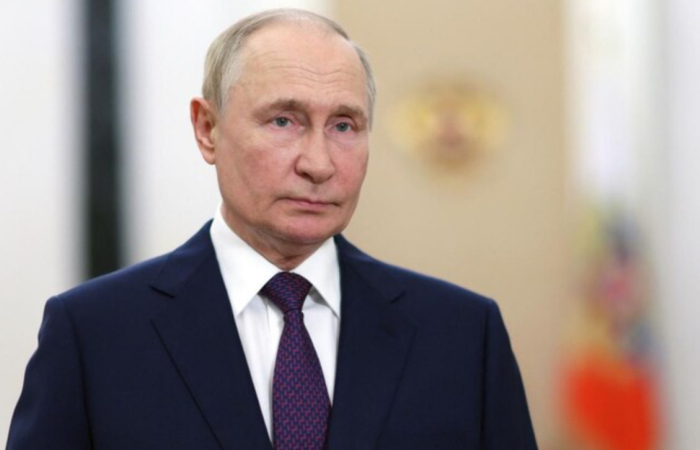Editor's choice
This is a members’ functionality. Please
Sign upOpinion
Trending
Opinion: The European Union is neglecting its responsibility to uphold international law
25 October 2024
Since 7 October 2023, when Hamas killed 1,139 innocent civilians in Israel, the Israeli government has been conducting military operations in the Gaza Strip that have taken the lives of 43,552 Palestinians. As the death toll of Palestinians is increasing, the UN General Assembly has asked the International Court of Justice to give an advisory opinion on Israel’s military operations in Palestine. The International Court of Justice (ICJ) in The Hague issued an advisory opinion on 19th July 2024, stating that Israel’s continued presence in the occupied Palestinian territory is illegal under International Law. The ICJ also argued that states must not assist via financial, military or political aid to the Israeli government in maintaining its unlawful occupation (para. 273-279). It is important to note that although advisory opinions are not binding on states, they carry great legal weight by clarifying the application of international law and having moral authority.



